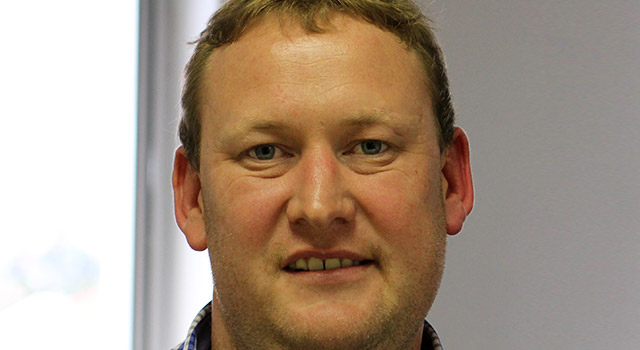
Digitata is arguably the most interesting local technology company that South Africans have never heard of. Indeed, millions of cellular customers use the company’s products every day without even knowing it.
Headquartered in Mauritius, but with a large development and support team in South Africa, Digitata is the company behind the “dynamic tariffing” plans employed by the large mobile operators.
These plans offer dynamic discounts based on factors such as the time of the day and base station load and location.
Founded in 2008 and “boot-strapped” by the founders, Digitata employs actuaries, chartered accountants and other modelling specialists to ensure pricing is set at levels that match operators’ strategic objectives, such as reducing churn or maximising network utilisation.
Metrics used in making pricing determinations include the spending power of consumers in the vicinity of a particular base station and their consumption patterns. Discounts can then be set dynamically on a cell-by-cell basis for voice, SMS and data, explains Digitata CEO Tinus Neethling.
Digitata, which first developed the dynamic tariffing system for MTN in Swaziland, has since sold the technology to operators across emerging markets — 90m subscribers belonging to 26 operators around the world use the technology — and it’s now eyeing further expansion.
The company has also forged a partnership with Ericsson, which white-labels its solution — Digitata still handles deployment, service and support.
Last month, Digitata announced it had acquired a controlling stake in South Africa’s Rorotika Technologies, which focuses on developing network-based solutions for mobile operators. It designs solutions in radio network planning, network optimisation and configuration management.
The acquisition, the value of which was not disclosed, has brought new “streams” to Digitata’s business.
One of these streams is a content business, where the company provides news headlines, for example, to mobile users, including those on basic feature phones. Advertisers are able to embed commercial messages in this channel and target their communication to, say, a specific area. Using the USSD bearer, one client, a local bank, was able to reach 800 000 people who engaged with the brand for an average of 38 minutes each through a financial literacy game, according to Neethling.

Another stream, Digitata Networks, provides operators with intelligence on the state of their infrastructure. It offers a configuration management service called NetCM, which provides detailed insight in a network. Digitata chief marketing officer Conal Lewer-Allen says NetCM is able to pick up issues on operators’ networks, sometimes even significant problems, which they are not aware of.
“We’ve also seen scenarios where operators don’t have the staff, so they outsource network management to the vendors. But this means they have no visibility of what the vendors are doing, or what they’re charging for doing,” Lewer-Allen says. It allows operators to check if vendors are, in fact, doing what they say they are.
Asset tracking is another application.
Digitata Networks is now developing a solution for self-organising networks called NetSON.
“The 3GPP specification has a definition for self-organising for LTE and newer technologies, but we’ve taken the concept back into 2G and 3G environments,” says Lewer-Allen.
The final business stream falls under the Digitata Innovations brand. This is where much of the company’s research and development spend it directed. It is tasked with finding new products and “morphing” existing ones, says Neethling. “We file on average about six patents a year.”
Digitata is now taking the four business streams and is expanding them in emerging markets around the world. It has an office in Panama in Central America and a centre of excellence in Dubai. It is also establishing an office in Malaysia as it hunts new clients in emerging markets across the Asia-Pacific region. – © 2015 NewsCentral Media




